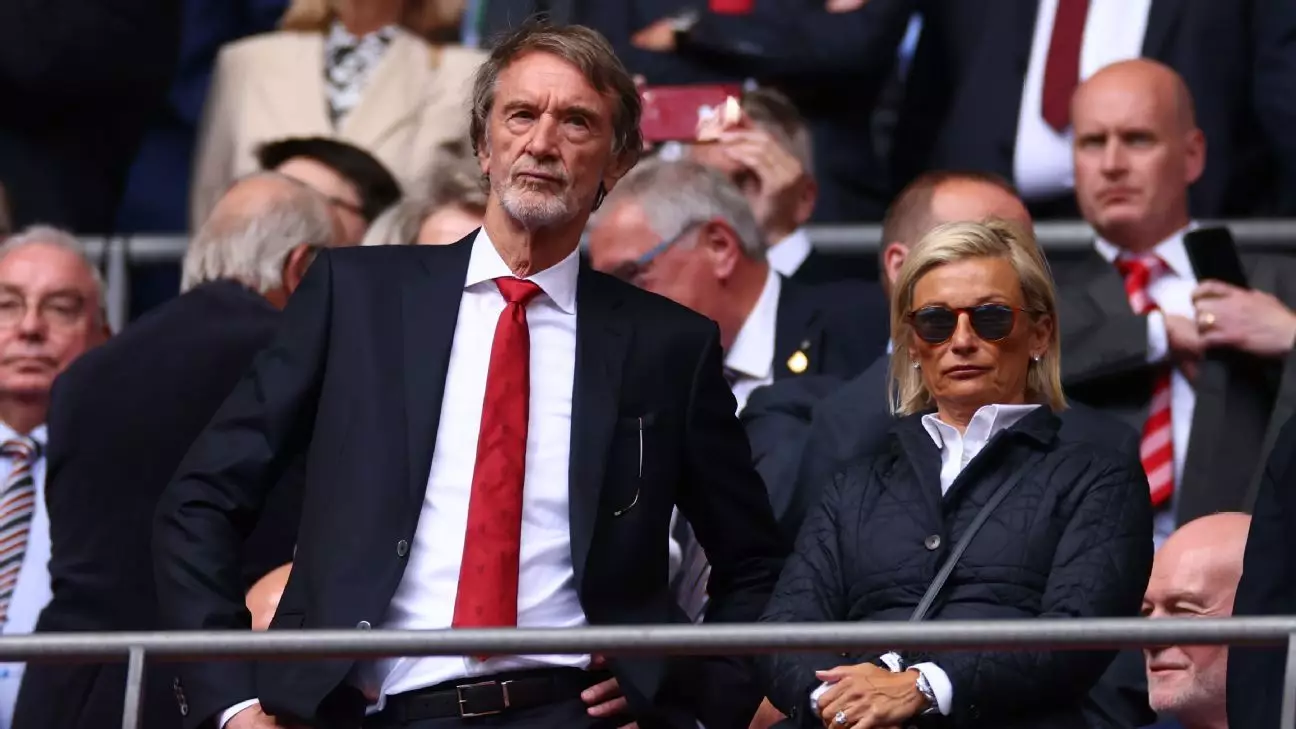Manchester United recently announced job cuts and an increase in ticket prices as they navigate through a challenging financial quarter. The club, which finished in eighth place in the Premier League last season, has been undergoing significant changes since the acquisition of a stake by British billionaire Jim Ratcliffe.
As part of a club-wide redundancy program, United plans to cut around 250 jobs and raise ticket prices by 5% for the upcoming season. The management and ownership have been reviewing all aspects of the club’s activities, resulting in a new CEO, finance chief, sporting director, and technical director. These changes, aimed at driving transformation, have involved poaching talent from rival clubs.
Optimism Amidst Disruption
Despite the disruptions caused by the ongoing changes, Tim Fidler, Portfolio Manager at Ariel Investments, expressed optimism about the club’s future prospects. Ariel, as the third-largest investor in United, believes that the upcoming transition both on the pitch and operationally will serve the club well in the long run. The planned development of Old Trafford stadium is seen as a key factor in the club’s growth.
Under the leadership of the Glazer family, the club has faced criticism for its extravagant spending on players, resulting in a rise in player and staff wages in the third quarter. Debt remains a significant concern, standing at $650 million by the end of March. Despite this, United has reported a net loss of £71.4 million for the three months ending March 31, signaling a challenging financial period.
Staying Grounded and Focused
IN spite of the financial setbacks, United’s new leadership, under the guidance of Jim Ratcliffe, has emphasized a conservative approach to spending and acquiring players. The club’s priority is to build a sustainable financial model while focusing on long-term success rather than short-term gains. This mindset reflects a shift from the past strategies that led to financial instability.
Future Projections
Looking ahead, Manchester United expects annual revenue to reach around £660 million by the end of June, with adjusted core profit estimated at approximately £140 million. While these figures are slightly below the club’s previous projections, the focus remains on financial stability and growth in the coming years. The club’s participation in the Europa League next season presents an opportunity to regroup and strategize for the future.
Manchester United is undergoing a significant transformation both on and off the field, driven by new leadership and a focus on financial sustainability. While the recent financial losses and job cuts may raise concerns, the club’s long-term prospects seem promising with a renewed strategy and emphasis on responsible financial management. As United navigates through this period of change, the key will be to maintain a balance between ambition and fiscal prudence to ensure a successful and sustainable future for the club.
